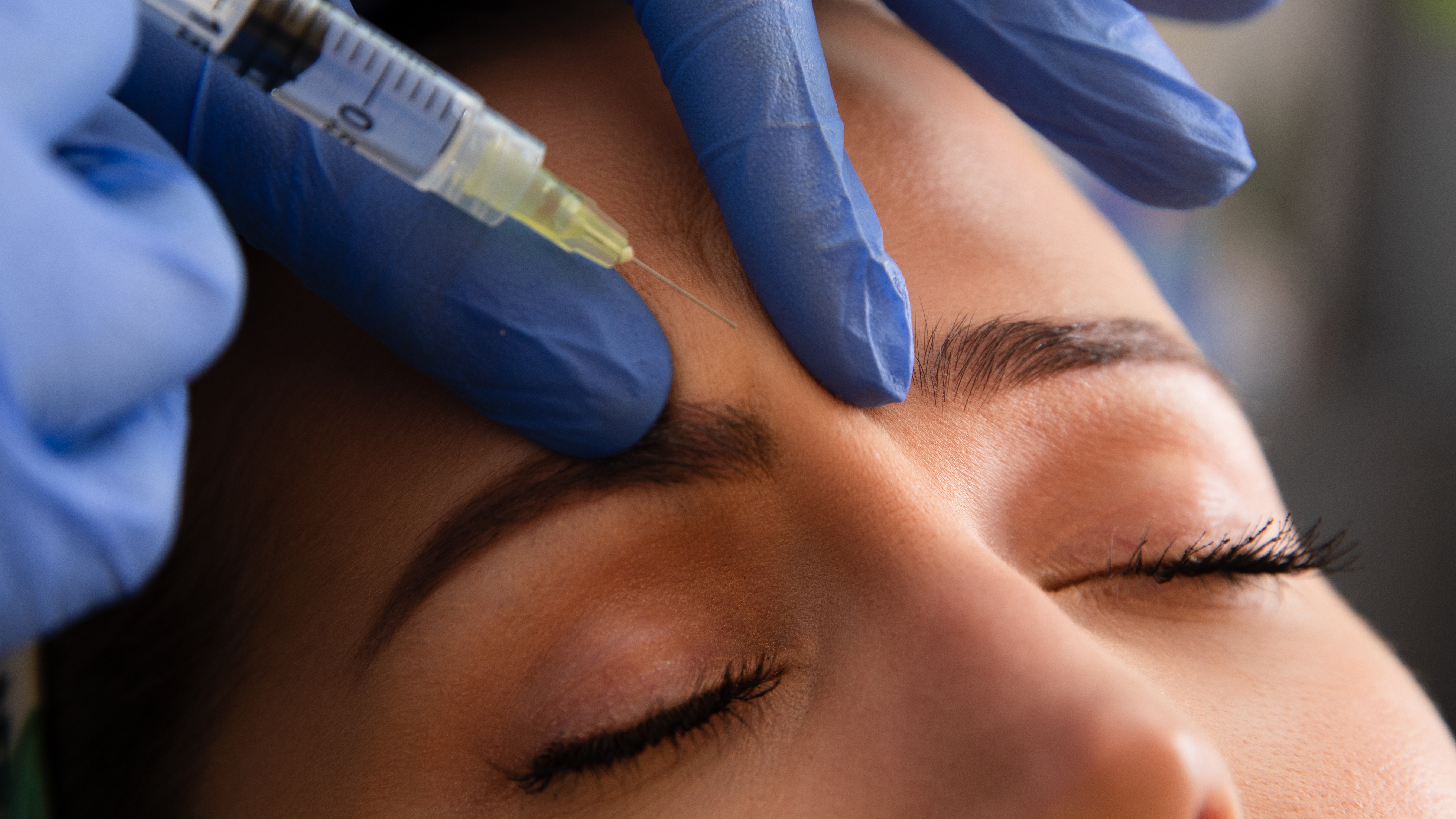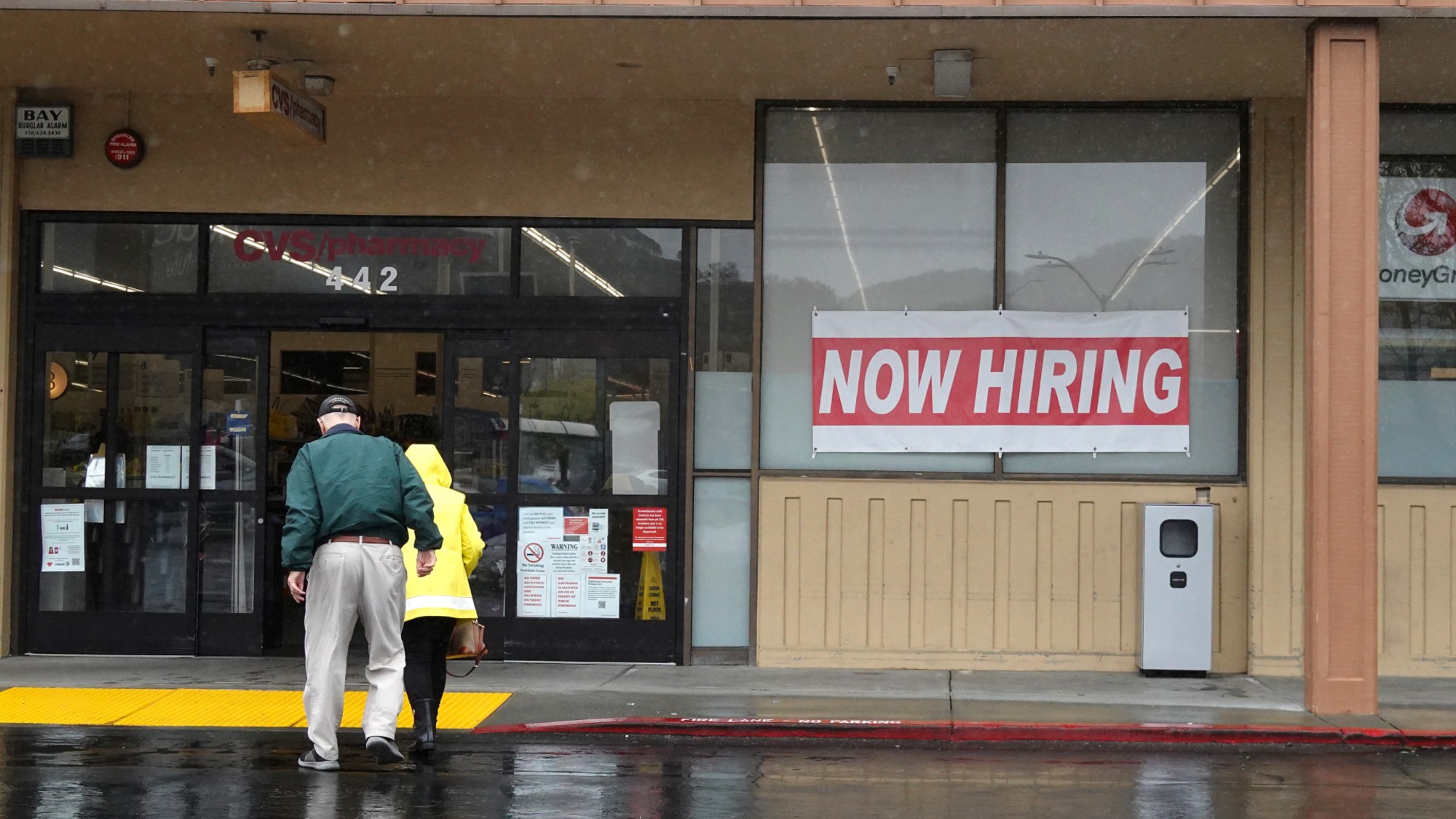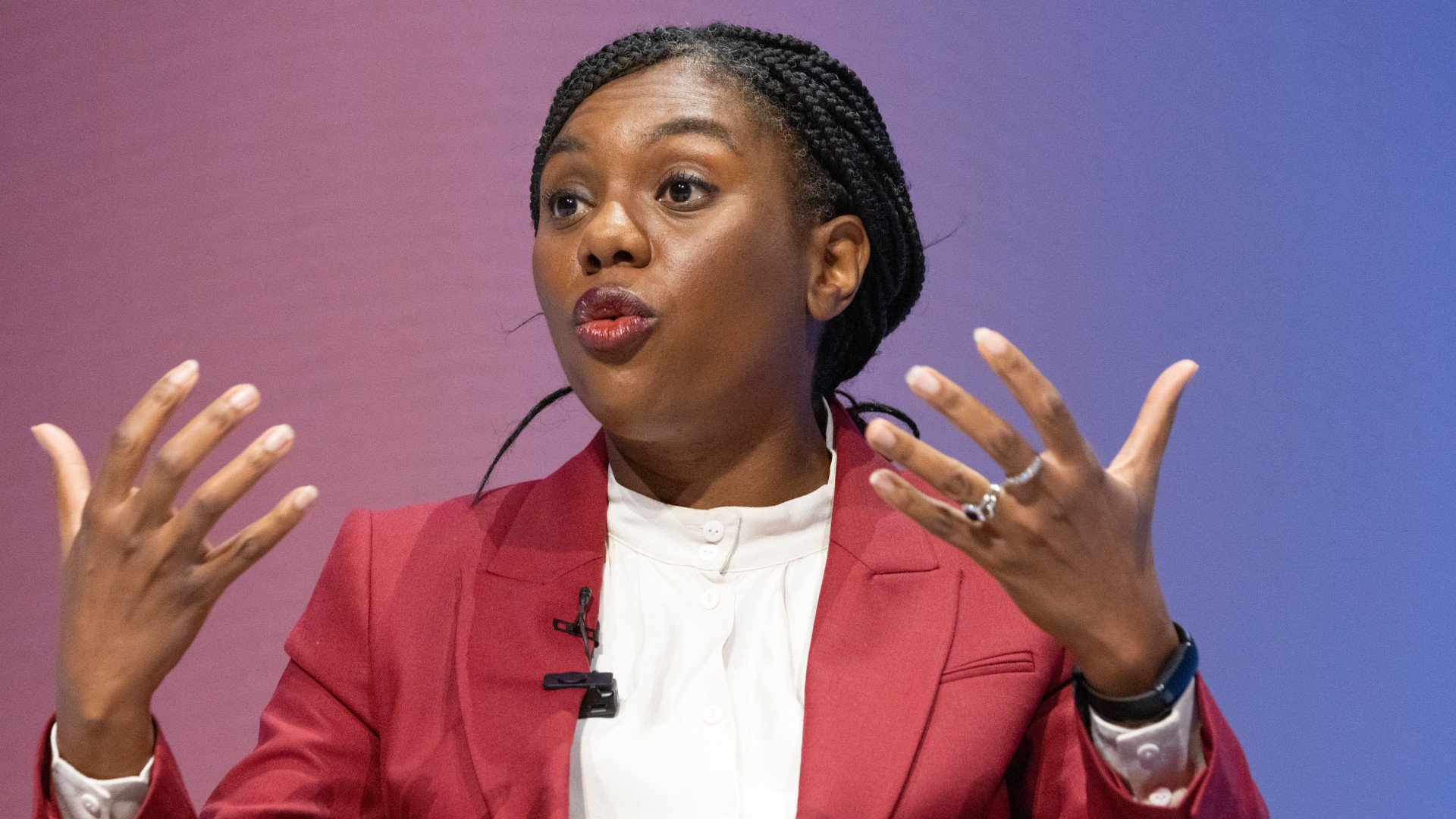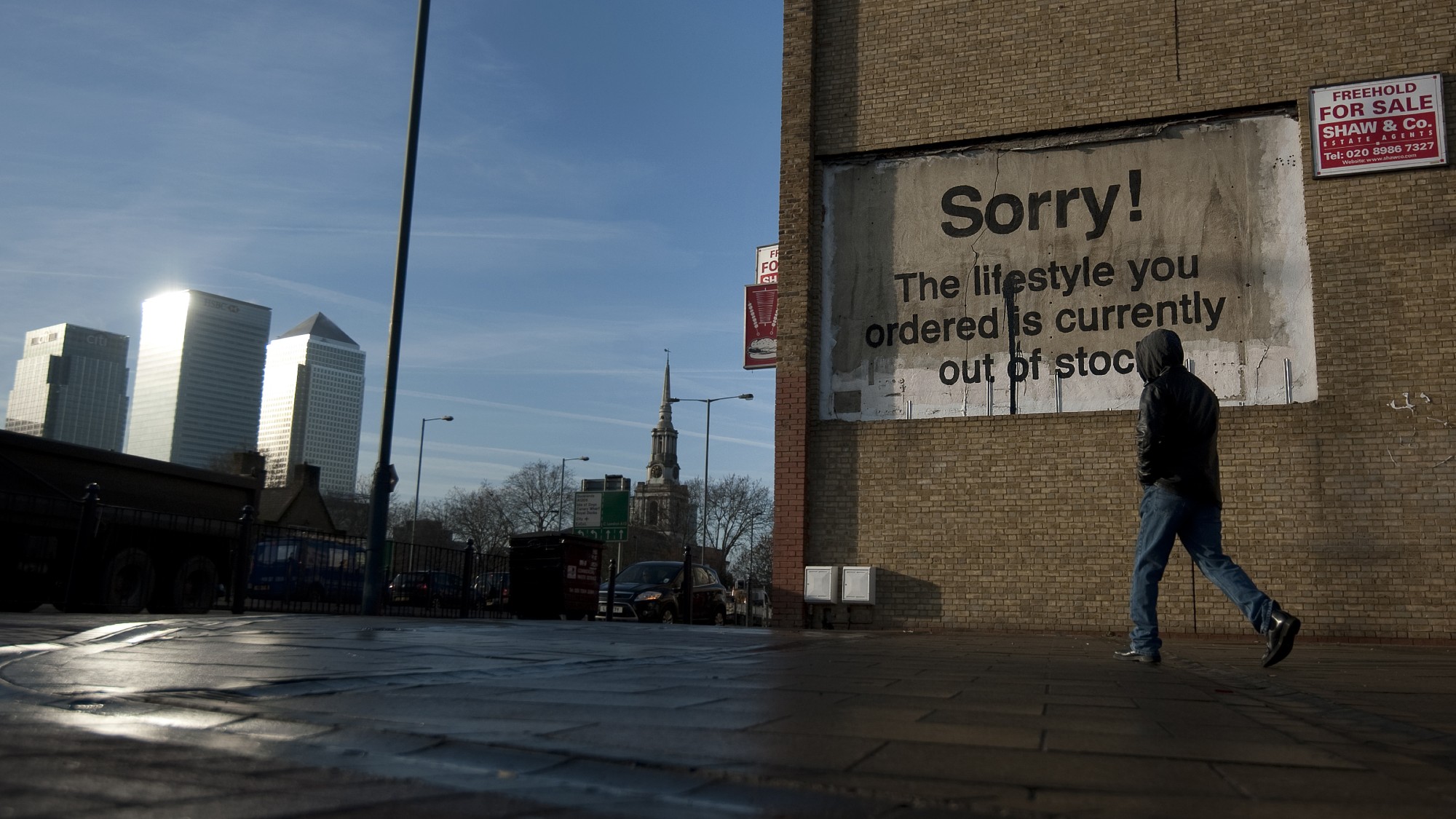Have under-30s ‘lost the plot’ when it comes to Botox?
Young people are proud of being ‘overly injected’ says leading cosmetic doctor

A free daily email with the biggest news stories of the day – and the best features from TheWeek.com
You are now subscribed
Your newsletter sign-up was successful
A leading cosmetic doctor has claimed that young people have “lost the plot” when it comes to non-surgical beauty treatments such as Botox and dermal fillers.
Speaking to The Guardian, Dr Michael Prager, who has dubbed himself “the king of Botox”, said that while older patients generally sought more discreet changes to their appearance, a “visibly enhanced” look had become the trend among the under-30s, adding that young people viewed physical enhancements as a “status symbol”.
“Generally, anybody under 30 has basically lost the plot,” Prager told the newspaper. “They haven’t spent enough time in the playground and they grew up with thumbs in a crooked position in front of a screen and now that’s their life.”
The Week
Escape your echo chamber. Get the facts behind the news, plus analysis from multiple perspectives.

Sign up for The Week's Free Newsletters
From our morning news briefing to a weekly Good News Newsletter, get the best of The Week delivered directly to your inbox.
From our morning news briefing to a weekly Good News Newsletter, get the best of The Week delivered directly to your inbox.
‘Unregulated practitioners’
The non-surgical treatment industry has undergone “rapid growth” according to the all-party parliamentary group on beauty, aesthetics and well-being last year. Save Face, a campaigning group and national register of accredited practitioners offering non-surgical cosmetic treatments, estimated that some 900,000 Botox injections are carried out each year. And while the majority of patients who undergo cosmetic procedures are aged between 35 and 60, according to The British College of Aesthetic Medicine (BCAM), some 8% of patients were aged 18 to 24.
Speaking to The Guardian, Dr Darren McKeown, a BCAM board member, said he was concerned that the increasing number of cosmetic treatments among young people are “largely taking place in unregulated beauty salons by unqualified practitioners”.
It was concern about unregulated practitioners, in part, that prompted the government to introduce new licence requirements that make it illegal for treatments to be administered without a licence, and to ban Botox for those under 18. Before the ban, an estimated 41,000 Botox procedures a year were carried out on under-18s, according to data from the Department of Health, while some 29,300 under-18s underwent dermal filler procedures in 2017.
‘Self-esteem crisis’
It’s all too easy to “point fingers at the Kardashians or ITV’s Love Island for pushing unattainable beauty ideals onto our screens”, said Ellie Muir in The Independent. But young people are in a “self-esteem crisis” that began “raging ever since we opened our first Facebook accounts and began using photo editors like Facetune”, she wrote. And while the law may now protect those under 18, for those aged 18 and above there is little support “to tackle any deeper issues” that may be at work.
A free daily email with the biggest news stories of the day – and the best features from TheWeek.com
But while the “influence [of] social media” may play some part in young people seeking out cosmetic treatments, said Marc Pacifico, president of British Association of Aesthetic Plastic Surgeons (BAAPS), who spoke to i news, there is also “much less judgement in the under-30s about undergoing treatments”. “Perhaps the under-30s, both men and women, take more care of their appearance,” Pacifico added.
And while some people are “being overly injected and proud of it”, Prager told The Guardian, so are many of the practitioners holding the needle, who he said have “injected themselves to a point where in the old world they would have been considered nuts”.
Overall, said Prager, Botox can be a “fantastic medical useful treatment” for those looking to make a few tweaks to their appearance. But he warned: “You have to be careful who sits at the other end of the needle.”
Sorcha Bradley is a writer at The Week and a regular on “The Week Unwrapped” podcast. She worked at The Week magazine for a year and a half before taking up her current role with the digital team, where she mostly covers UK current affairs and politics. Before joining The Week, Sorcha worked at slow-news start-up Tortoise Media. She has also written for Sky News, The Sunday Times, the London Evening Standard and Grazia magazine, among other publications. She has a master’s in newspaper journalism from City, University of London, where she specialised in political journalism.
-
 Political cartoons for February 15
Political cartoons for February 15Cartoons Sunday's political cartoons include political ventriloquism, Europe in the middle, and more
-
 The broken water companies failing England and Wales
The broken water companies failing England and WalesExplainer With rising bills, deteriorating river health and a lack of investment, regulators face an uphill battle to stabilise the industry
-
 A thrilling foodie city in northern Japan
A thrilling foodie city in northern JapanThe Week Recommends The food scene here is ‘unspoilt’ and ‘fun’
-
 What is the job market's future after Trump's tariffs?
What is the job market's future after Trump's tariffs?Talking Points Economic analysts are split on what the tariffs could mean for employees
-
 Volkswagen on the ropes: a crisis of its own making
Volkswagen on the ropes: a crisis of its own makingTalking Point The EV revolution has 'left VW in the proverbial dust'
-
 The row over UK maternity pay
The row over UK maternity payTalking Points Tory leadership hopeful Kemi Badenoch implied that taxpayer-funded benefit was 'excessive' and called for 'greater responsibility'
-
 Post Office: still-troubled horizons
Post Office: still-troubled horizonsTalking Point Sub-postmasters continue to report issues with Horizon IT system behind 'one of the worst miscarriages of justice in British legal history'
-
 The UK's national debt: a terrifying warning
The UK's national debt: a terrifying warningTalking Points OBR's 'grim' report on Britain's fiscal outlook warns of skyrocketing spending, but 'projection' is not a 'forecast'
-
 Copper coins: are they doomed?
Copper coins: are they doomed?Talking Point Treasury says no new 1ps and 2ps needed due to declining use – but would we really miss them?
-
 Barcelona's Airbnb ban: a sign of things to come?
Barcelona's Airbnb ban: a sign of things to come?Talking Point Crackdown on short-term lets to combat unaffordable housing echoes similar moves elsewhere, but anti-tourism protests could prove self-defeating
-
 Why Reddit is going public
Why Reddit is going publicThe Explainer The 'front page of the internet' is facing criticism for the decision as well as its valuation